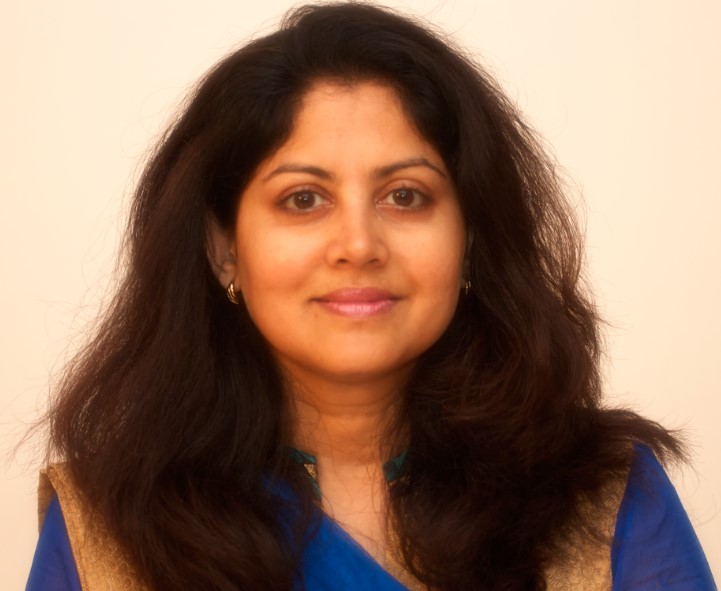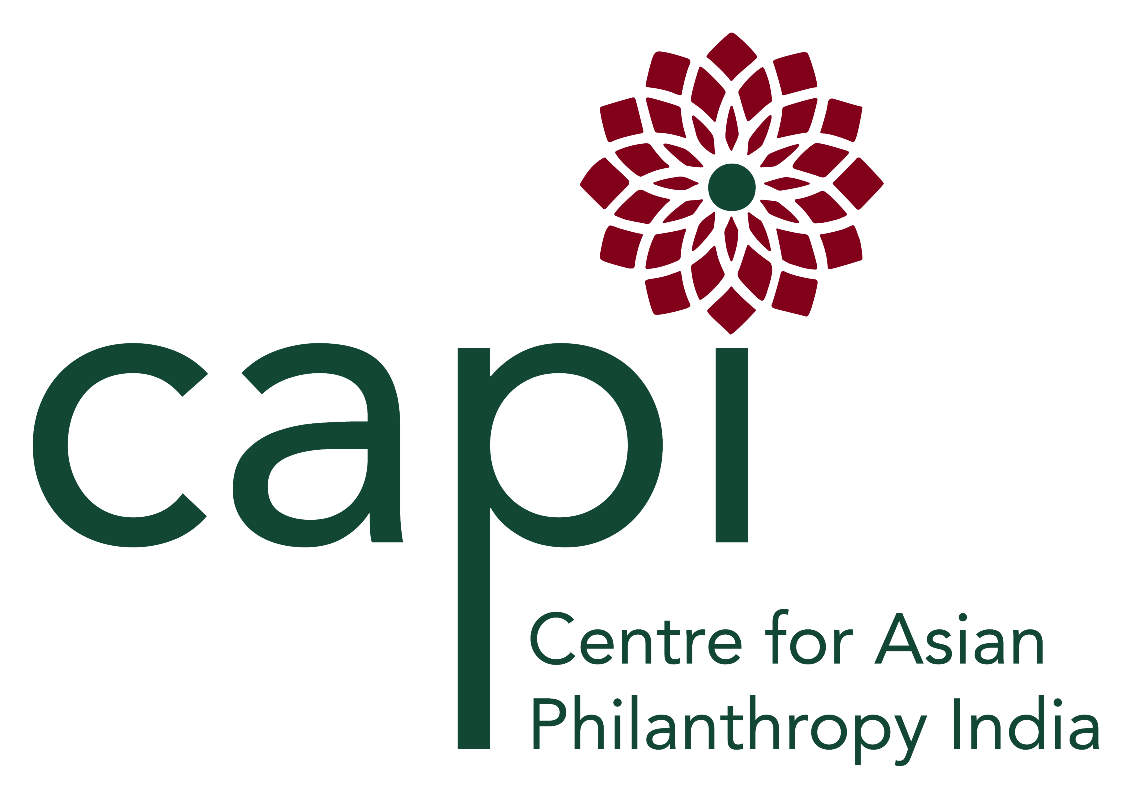
Vanessa D’Souza
CAPI interviewed Vanessa D’Souza, CEO of SNEHA (Society for Nutrition, Education & Health Action), in July 2024. SNEHA works to improve public health systems in India, particularly addressing critical issues such as maternal and child health, malnutrition, adolescent health, and gender-based violence in urban communities. Here are highlights from the conversation.
Got a project?
We’re a team of creatives who are excited about unique ideas and help fin-tech companies to create amazing identity by crafting top-notch UI/UX.
CAPI: SNEHA has done remarkable work strengthening public health systems in Mumbai and beyond. Can you share your approach, particularly vis-a-vis maternal and child health?
Vanessa D’Souza: Our approach at SNEHA is centered on system strengthening and community engagement, backed by strong data, all three of which we believe are crucial for creating sustainable health outcomes. One of our flagship initiatives is the Public System Partnership program, which we run across ten cities in partnership with local governments, i.e., municipal corporations / councils in cities. This program focuses on creating effective linkages between various levels of the healthcare system to ensure that maternal and child health services are delivered efficiently. For example, we have developed a multi-tier referral system that links various maternity homes and hospitals based on their service capabilities and geographical proximity to the community.
This system is particularly crucial for managing high-risk pregnancies. The idea is to ensure that women are referred to the right facility in the shortest possible time, thus reducing the complications and risks associated with pregnancy. Before we implemented this system, women often faced delays and confusion during emergencies, leading to tragic outcomes. With clear protocols, documentation and well-established referral linkages, we see a significant improvement in maternal and neonatal birth outcomes.
CAPI: How do you approach donors to support these initiative?
Vanessa D’Souza: Securing funding for system strengthening is challenging, primarily because the outcomes are not immediately visible. Donors often prefer projects with direct and quick, measurable impact, such as reducing malnutrition in a specific geography or increasing immunization rates. However, systemic changes take time and require continuous investment in processes, training, and infrastructure.
To address this, we have had to strategically present our work to donors. We emphasize the broader impact of our interventions on the overall health system. For instance, organizations like Pfizer Limited and the Cipla Foundation have supported us because they recognize that improving maternal outcomes requires more than just immediate interventions; it involves building a robust health system that can sustain these outcomes in the long term.
We also focus on building relationships with donors who understand the complexities of system strengthening. When Kotak Mahindra Asset Management came on board to support our work in three new municipal councils, we engaged with senior decision-makers who grasped the significance of our approach. These conversations are essential because if the donor doesn’t understand the value of what we’re doing, it’s challenging to secure a long-term commitment.
CAPI: We understand that community engagement is also critical to your work. Can you elaborate on how you integrate community interventions with system strengthening?
Vanessa D’Souza: Absolutely, community engagement is at the heart of what we do! For instance, when working on issues like malnutrition, we focus on changing Infant and Young Child Feeding (IYCF) practices at the community level. This work takes years and requires a deep understanding of the community’s needs and challenges.
Through Mahila Arogya Samitis (MAS) (women’s health committees) recognized by the government, we have empowered local women to play an active role in their community’s health. These committees work at the grassroots, identifying pregnant women early, ensuring they receive timely ante-natal care, and monitoring their progress throughout the pregnancy. This community-level engagement is essential for early intervention and has a direct impact on improving uptake of health services, resulting in better health outcomes.
Our model has evolved significantly over the years. Initially, we focused on direct interventions implemented by SNEHA’s frontline workers. However, we soon realized that to create lasting change, we needed to strengthen the entire system, from the community level to public health and nutrition services. By the end of our intervention in the community, the local volunteers are equipped to manage maternal and child health needs with minimal ongoing support from SNEHA. This approach ensures sustainability and creates a sense of ownership within the community.
CAPI: SNEHA also addresses gender-based violence, which is often a sensitive and challenging area. How do you integrate this work with your maternal and child health programs?
Vanessa D’Souza: Gender-based violence (GBV) is a challenging issue, but it’s one that we can’t ignore, especially in the context of maternal and child health. Our data has shown association between women who experience violence and wasting in children (10% in mothers facing violence vs 6% of other mothers) and contraceptive prevalence rate (52% in mothers facing violence vs 62% among other mothers). Addressing GBV is a critical part of our overall strategy to improve maternal and child health.
At SNEHA, we have developed a comprehensive intervention model that integrates GBV prevention and support services with our maternal and child health programs. This model includes everything from community awareness and prevention activities to counseling and legal support for survivors of violence. We operate 11 counseling centers across Mumbai, including three in public hospitals, one of which is the “One Stop Center” in partnership with Department of Women & Child Development, where women can receive support 24/7.
We work closely with the community to create awareness, provide counseling, and ensure survivors receive the support they need. We also train community volunteers to provide bare foot counselling services. We also engage with public systems such as police and health services to ensure a coordinated response to cases of GBV. This is critical because, without a supportive environment, women may be unable to access the help they need.
CAPI: Given the sensitivities around these issues, how do you raise funds for these interventions?
Vanessa D’Souza: Funding for GBV interventions is one of the most challenging aspects of our work. Many donors are hesitant to engage with issues like domestic violence, either because they find the topic uncomfortable or because they don’t see immediate, quantifiable outcomes. This is especially true for CSR (Corporate Social Responsibility) funding, which often focuses on projects with precise, short-term results.
We combine maternal and child healthcare and GBV interventions to address community health and well-being. For example, by addressing domestic violence, we are also improving maternal and child health outcomes, which are easier for donors to understand and support.
Additionally, we rely on long-term relationships with donors who understand the complexities of our work. For instance, organizations like the Ford Foundation and UNDP have supported us because they recognize the importance of addressing GBV as part of a broader strategy for improving public health. These partnerships are invaluable because they provide the flexibility we need to implement comprehensive, long-term programs and also bring to bear their own vast technical knowledge on the issue.
CAPI: What advice would you give to other organizations working on similar issues, particularly on securing funding and building sustainable models?
Vanessa D’Souza: I would advise building strong relationships with donors who understand and value your work. It’s essential to communicate the broader impact of your interventions and how they contribute to long-term, sustainable change. Don’t shy away from discussing the challenges and complexities of your work; transparency builds trust and can help you secure the support you need.
Also, be prepared to innovate and adapt your models over time. What worked in the early stages of a program might not be sufficient as you scale up. Continuously evaluate your interventions and be willing to make changes to ensure they remain effective and sustainable.
Lastly, invest in your organization’s capacity to manage these complex programs. Whether building strong governance structures, investing in technology, or developing partnerships with other nonprofits, having the proper infrastructure is crucial for long-term success.
